Statement by Permanent Representative of Slovenia to the United Nations Samuel Žbogar at the UNSC annual open debate on Women and peace and security
Thank you Mr. President and we thank the Russian Federation for organizing today’s debate.
We thank the Secretary-General and the Executive Director of UN Women for briefings and clear asks. And special thanks to civil society briefers who focused on humanity from different angles. Ms. Uskova on how artificial intelligence technology can improve lives of women and girls, and Ms. Erakat on horrors that human intelligence is capable on inflicting on women and girls if unchallenged.
Twenty-five years ago, this Council promised a more inclusive and peaceful world – a world, where the equality of women and men is not an ideal but the very foundation of lasting peace.
Resolution 1325 was more than just another resolution; it was a beginning of a global movement with one simple message: peace begins when women are at the table.
Colleagues,
This would never be possible for the tireless efforts of civil society, whose advocacy laid the foundation for the Women, Peace and Security Agenda. Nor without Namibia’s leadership, which proved that when grassroots mobilization meets political will, real change becomes possible.
Yet today, twenty-five years later the momentum, that once filled this room is almost gone. The pace of progress once made, stalled. As the Secretary-General warned in his latest report and today, Women, Peace and Security framework is under mounting pressure. It is facing rising gender-based discrimination, weakened legal protection systems, shrinking civic space and declining funding.
These challenges are further compounded by the proliferation of armed conflicts, increased militarization and diminishing respect for international law.
As a result, the safety, dignity and human rights of women and girls continue to be undermined. And peace without its ally.
Such a grim reality demands a new change. Allow me, Mr. President, to share some thoughts of my delegation in response.
First, on women’s right to participation.
Women’s participation must be full, equal, meaningful and safe. Slovenia strongly supports the use of quotas as a tool to advance gender equality and to ensure that women have a seat at every table where peace is discussed.
We reaffirm our commitment to meeting UN’s minimum targets for women’s representation at all levels and stages of decision-making in peace and security – while striving toward full parity.
Second, on the need to support the civil society movements that sustain this agenda.
We must return to the roots of the WPS Agenda: the women-led organizations that built it must be able to continue with their mission. My delegation is committed to increasing investment in gender equality, including in conflict-affected settings.
We have expanded our support to UN Women and continue to contribute to the Women, Peace and Humanitarian Fund, with a focus on empowering local and women-led organizations.
In the last seven years, we have virtually doubled the share of our programmable bilateral development assistance that includes gender perspective. We remain committed to this course.
Finally, on upholding international law, the rights of women and girls and accountability.
Accountability is non-negotiable.
Slovenia reaffirms its strong support for international accountability mechanisms that seek to end impunity for sexual and gender-based crimes, including reproductive violence and gender-based persecution.
We underscore the importance of ensuring that perpetrators are held accountable, that victims and survivors receive justice and redress, and that sexual and reproductive health and rights services are available and accessible for survivors of such violence. And in this sense, we welcome today’s ICC judgement on crimes against humanity and war crimes committed in Darfur twenty years ago.
Justice might be slow, but eventually it comes.
Justice must also be co-created with those most affected, particularly at the community level.
Mr. President,
We cannot advance gender equality without dismantling patriarchal norms. Real change means removing the barriers that keep women out of decision-making – in both in the times of peace and in the times of conflict.
The WPS Agenda must be central to peace and security, as women are providers of peace and security. It belongs in every discussion in this chamber. This agenda is not only for women – it is for a more peaceful and inclusive future of all of us.
Resolution 1325 started a global movement, driven by women-led groups. Today, we are all part of this movement, with 113 countries adopting National Action Plans – Slovenia among them with its third about to be adopted.
Now is the time to strengthen our political commitment to the WPS Agenda and to support it with funding.
Now is the time to set up concrete targets and quotas for women’s equal and meaningful participation.
Now is the time to enforce a zero-tolerance approach to any violence against women and girls.
Mr. President,
Peace cannot endure if half of humanity is left behind.
My country stands firm: women and girls are equal partners in our societies, and we demand that they are treated as such.
Thank you.

